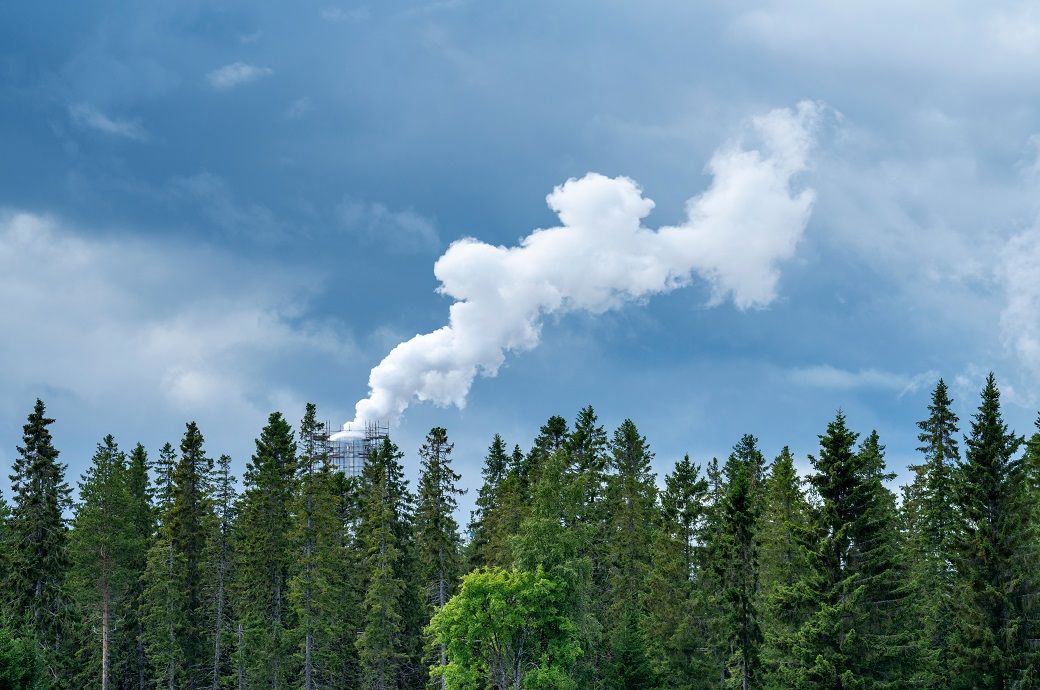
The Netherlands notified the commission of its plans to modify its Stimulering Duurzame Energieproductie (SDE++) scheme approved by the commission in December 2020 (SA.53525) and amended in December 2021 (SA.100461). The modified scheme will run until December 31, 2025, the European Commission said in a press release.
The SDE++ support scheme, with an overall budget of €30 billion, will contribute to the Netherlands’ efforts to reduce its greenhouse gas emissions by 55 per cent by 2030 and to achieve climate neutrality by 2050, compared to 1990 levels.
The scheme supports a wide range of projects with different technological approaches, including projects based on low carbon and renewable gas, including hydrogen and transport fuels.
The Netherlands made several amendments to the existing scheme. In particular, these amendments will guarantee a certain budget for supporting projects in areas where decarbonisation is currently relatively expensive but that offer promising green potential. A minimum budget of €750 million will be allocated in 2023 to projects in each of the following areas—low-temperature heat, including geothermal, heat pumps, and solar thermal; high-temperature heat, including mainly electrification options for industry via heat pumps and electric boilers; and molecules, which includes hydrogen production via electrolysis, production of biomethane, and advanced renewable transport fuels.
Beneficiaries will be selected through annual competitive, transparent, and non-discriminatory bidding processes. They will be selected based on the lowest subsidy required per unit of greenhouse gas emissions reduced.
The beneficiaries will receive support via a variable premium contract of a duration ranging between 12–15 years. The payments that the beneficiaries receive will be adjusted based on the evolution of the relevant market prices (for example of electricity, gas, or carbon) over the lifetime of the support contract.
The commission assessed the modification of the Dutch scheme under EU State aid rules, in particular the 2022 Guidelines on State aid for climate, environmental protection, and energy (CEEAG).
The commission found that the scheme is necessary and appropriate to support the reduction of greenhouse gas emissions and thereby contribute to the EU and national climate targets.
The scheme has an ‘incentive effect’ as potential beneficiaries would not carry out the activities without public support.
The scheme has a limited impact on competition and trade within the EU. In particular, the aid is proportionate and any negative effect on competition and trade in the EU will be limited in view of the design of the competitive bidding processes; bidding limits for cheaper technologies; and the wide range of eligible beneficiaries. These elements will ensure that the aid amount is kept to the minimum.
On this basis, the commission approved the Dutch scheme under EU State aid rules.
Fibre2Fashion News Desk (NB)